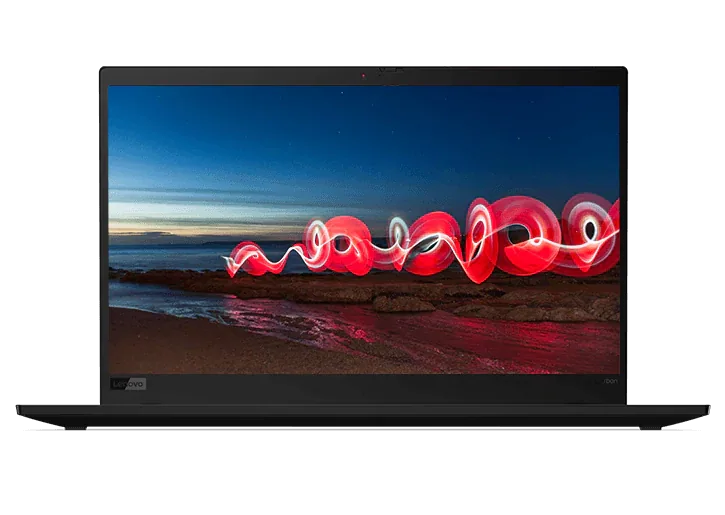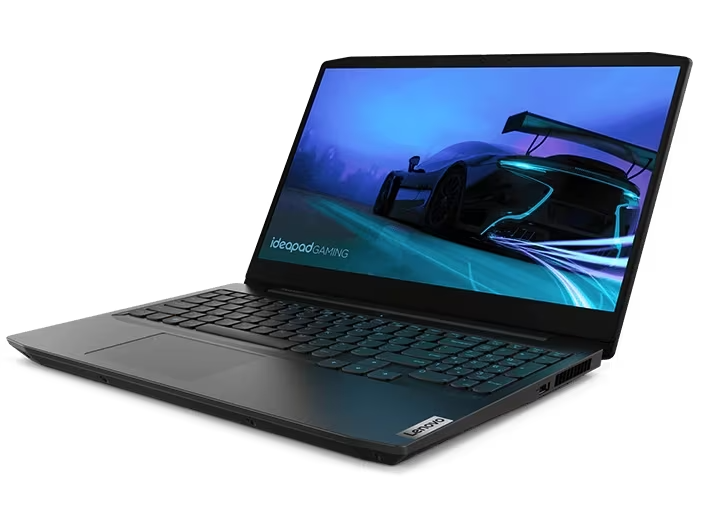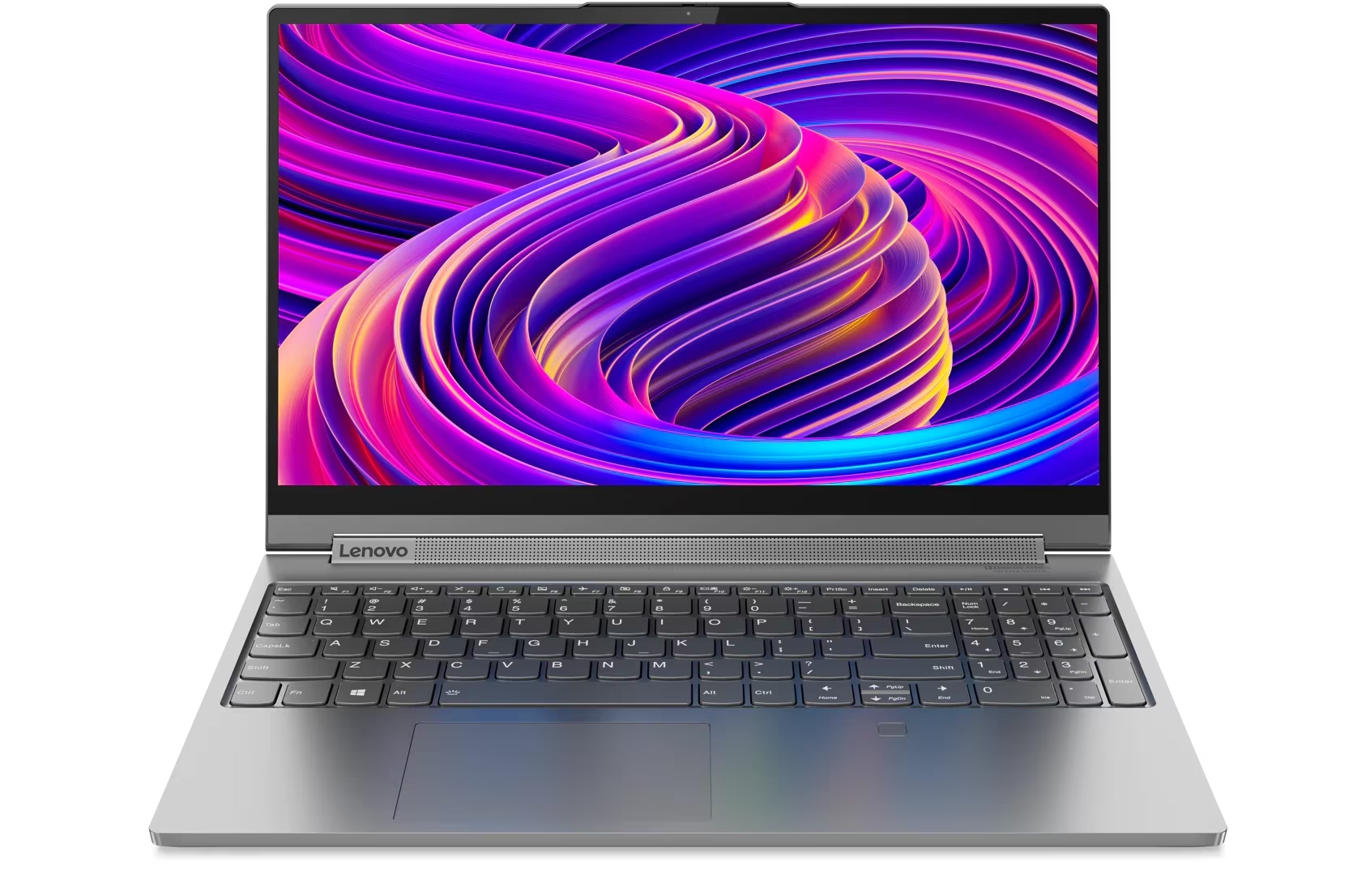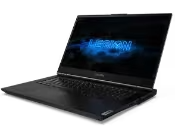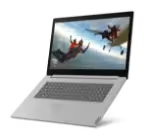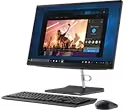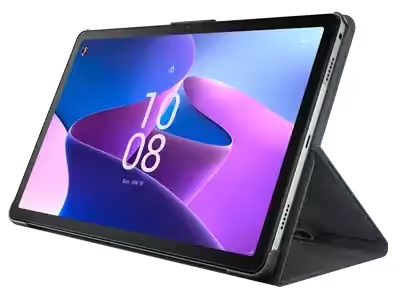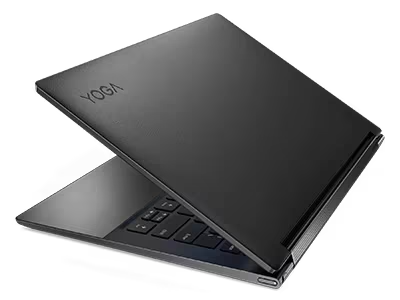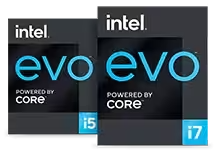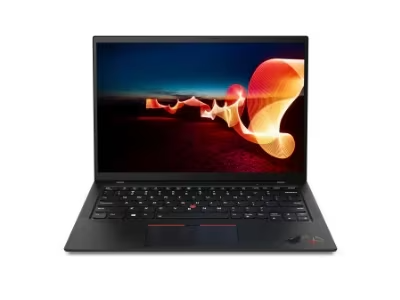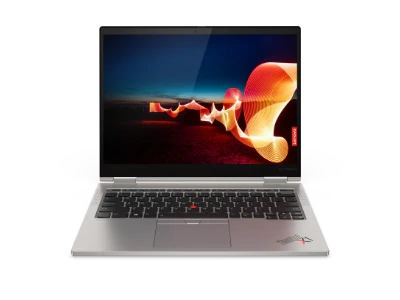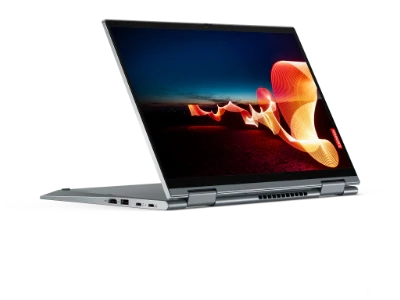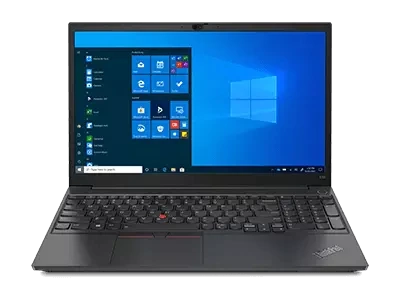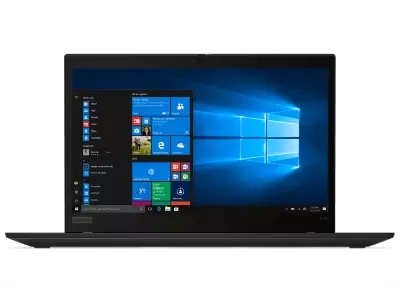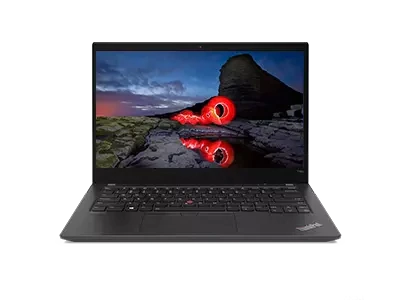What is Linux?
Linux is a free computer operating system authored by a community of open-source developers. Linux serves as an alternative to the more well-known Windows or OS/X. Unlike these mainstream operating systems, Linux is a crowd-sourced project that anyone can alter. Technically, Linux is a "kernel", or the fundamental component of the operating system. The system can alternatively be installed to run alongside Windows and share the drive. While other operating systems protect their code from outside interference, Linux welcomes collaboration. This spirit has earned Linux a reputation as a breeding ground for innovation. Linux has developed features that were eventually adopted by major operating systems.
Linux is based on the earlier Unix system, which used the principle of modular design. In this type of system, the OS provides simple tools, while shell scripting and command language combine to perform complex workflows. Linux supports a number of languages, including PHP, Perl, Ruby, Python and others. This diversity gives developers the freedom to write code in whatever language they feel most comfortable.
Linux follows the free and open source software development and distribution model and is available through Linux distributions called "distros". No purchase is required to use, distribute or modify Linux. Currently, more than 300 modified versions (distros) of Linux are available with new versions continuously being created. Some of the most popular distros include Debian and Redhat, each of which has their own spin-offs. Though originally developed as an operating system for specific Intel computers, Linux is now the most frequently ported, or uploaded, of all computer software platforms. More than 95 percent of the world’s 500 fastest computers utilize some form of a Linux operating system. Linux usage has experienced slow growth over the last decade, but as a new generation of developers gets their hands on this system, expect more users to get on board.
Who uses Linux and why?
Since its inception, businesses have used Linux extensively on their servers. Linux is also used in some corporate environments as the desktop platform for their employees, with commercially available solutions including Red Hat Enterprise Linux, SUSE Linux Enterprise Desktop and Ubuntu. Many commercial, nonprofit and governmental organizations (called Linux adopters) utilize a version of the Linux operating system, including the White House, the U.S. Department of Defense and Wikipedia.
Additionally, Linux is used for some game consoles, such as PlayStation3. In 2013, Valve Corporation publicly paired with Linux to run certain ports through Linux, allowing many popular titles to be played on the operating system. Valve also announced that its upcoming gaming console, Steam Machine, will by default run SteamOS, an operating system based on the Linux kernel.
Linux desktop users are typically those who value an open source operating system and appreciate the speed, security and user experience of this open-source software. Linux may not be the most polished OS, but it’s on the cutting edge of innovation. If there’s a security hole, developers usually release an update within the day. Instead of waiting months for update packages, Linux users receive regular updates as new technology becomes available. To top it all off, Linux is free and supports a culture of collaboration in the software world.
What are some popular Linux distributions?
While they all have the Linux kernel in common, various Linux distributions build their own operating systems on top of the basic open-source foundation. Linux distributions, referred to as “distros,” boast a range of backgrounds and features. Ubuntu is the world’s most popular free OS and the most widely distributed Linux software. Ubuntu leads a brigade of commercially backed Linux distributions that includes Fedora, SUSE and Mandriva. In the spirit of open-source development, some distributions are completely community driven and receive no financial support. Debian, Slackware, Gentoo and Arch Linux are a few of the prominent community distributions.
The distributions drive a community of users who support open-source software and communal innovation. Linux, an alternative to well-known Windows and OS X operating systems, relies on a community of developers to create software and improve the computing experience. Linux users receive regular updates as coders tweak and enhance their programs. With a collection of great minds working together, Linux has delivered some of the most innovative software in recent memory.
As these distributions become more popular, more users are giving Linux a try. With open-source freedom and the energy of an army of developers, Linux presses on toward innovation in computing.
What Lenovo laptops are certified to run Linux?
Lenovo’s line of desktop computers, laptops and servers feature a number of devices that support the Linux operating system. If you’re looking for a laptop, a number of the models support various forms of this open-source software. For more information on specific models supporting Linux see Lenovo’s Linux overview page.
An equally robust selection of servers supports Linux. Six Lenovo servers support Ubuntu.
Linux users benefit from a tight community of developers who collaborate to create some of the most innovative computing functions on the market. Rather than waiting for wholesale updates, Linux users receive regular software improvements as developers tweak systems and apps. This line of Lenovo devices supports the open-source nature of Linux systems. Whether you’re a developer or a loyal user, Linux-based Lenovo desktop computers, laptops and servers will reliably support whatever innovation you introduce.
Lenovo Linux laptops, computers and workstations
Lenovo now offers a wide selection of ultra-reliable Think-brand laptops, desktops and workstations with the Linux OS preinstalled. Have the reliable portability of the latest ThinkPad laptop or mobile workstation, or the brawny business power of a ThinkCentre desktop – now with select models of each featuring the Linux OS right out of the box.
Browse all of our latest Linux laptops and computers today.
